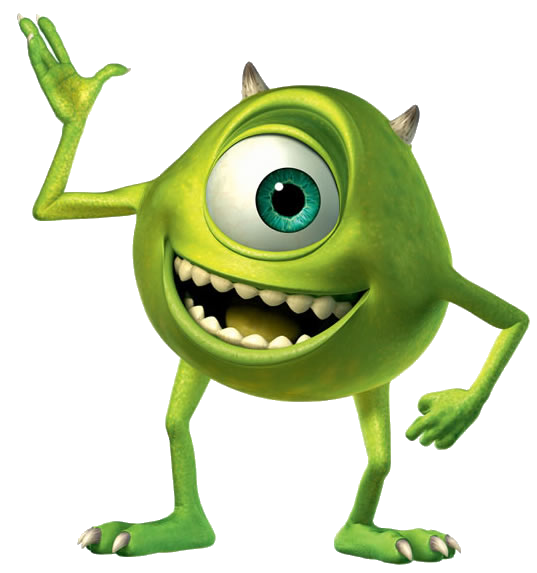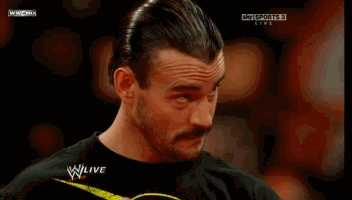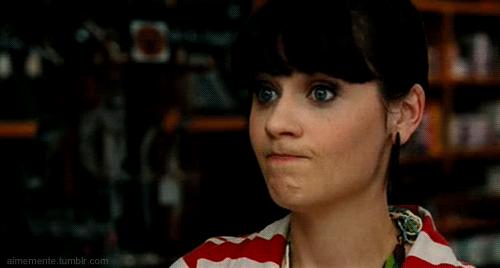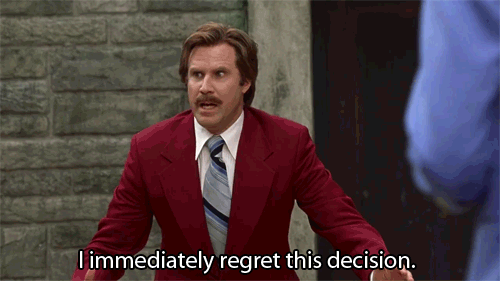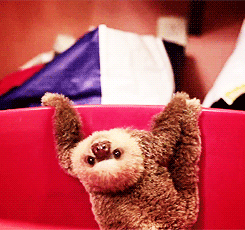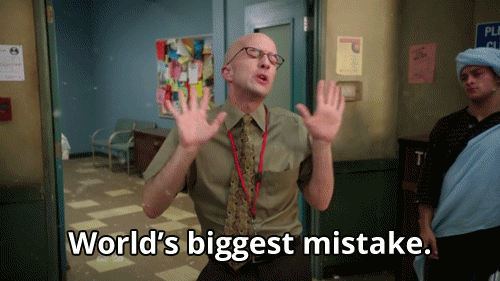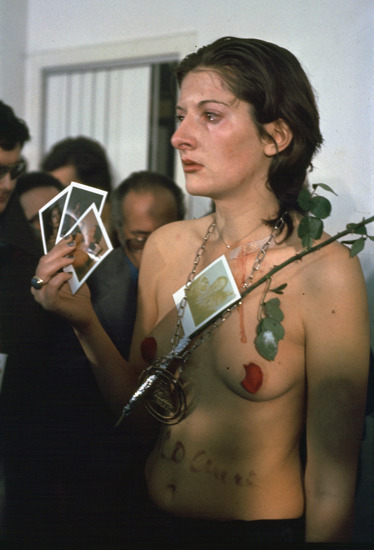What color are their hats?
Well, it depends, right? Pink for the girls, blue for the boys. And if it's not a hat it's the comforter, the diaper or a band around their tiny little hand.
We are obsessed with labeling babies by their gender. Even before they are born, one of the first questions an expecting parent is asked is: is it a boy or a girl?
According to this article, blue and pink didn't become assigned as male and female colors respectively until the 1940s. Before that, there wasn't a universal understanding on the color of sex:
For example, a June 1918 article from the trade publication Earnshaw's Infants' Department said, “The generally accepted rule is pink for the boys, and blue for the girls. The reason is that pink, being a more decided and stronger color, is more suitable for the boy, while blue, which is more delicate and dainty, is prettier for the girl.” Other sources said blue was flattering for blonds, pink for brunettes; or blue was for blue-eyed babies, pink for brown-eyed babies, according to Paoletti.Jo B. Paoletti is an expert in the history of fashion, and very interested in American children's clothing.
In her blog, she talks about different styles throughout history and how they relate to the feminist movement.
She also talks about androgynous clothing and gender neutral clothes, which has been in and out of favor since the 1960s.
 |
| From a Sears catalog, 1973 |
Why do we need to gender babies? All babies do the same but we still treat them differently depending on their sex. And it's not like it really matters, just watch the video below on 1920s clothing. If one thing is for sure, women and men's expectations then were VERY different. So it really isn't about what color they wear or even what they wear.
How do we benefit from gendering? The only reasons I can come up with are 1) keeping the status quo and 2) selling more child specific artifacts (toys, diapers, cribs, wallpaper, bedding, etc.) that is also gender specific.
Is there a health reason I should be aware of? Am I missing the extraordinary social benefit of this binary categorization?
Or is X the way to go?
Something to keep in mind, through all this, is Kelsey Lueptow's point:
"Capitalism means that if the public demand for gender neutral toys rises, the toy companies will comply because even more than they care about perpetuating the current mainstream values, they want your money."I guess a good thing about Capitalism is that they are willing to be less sexist, as long as you pay them.


